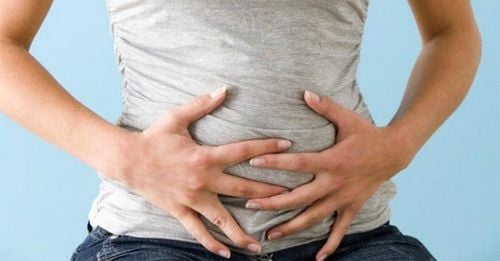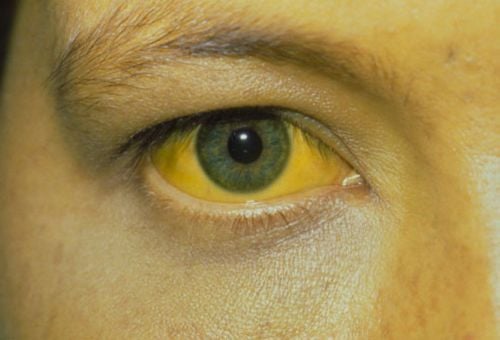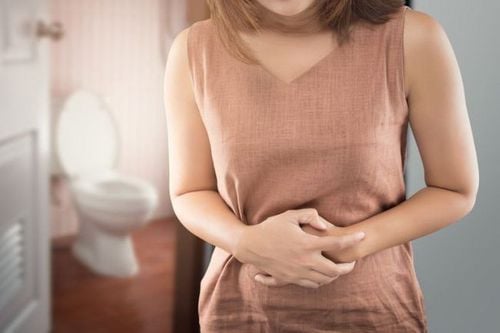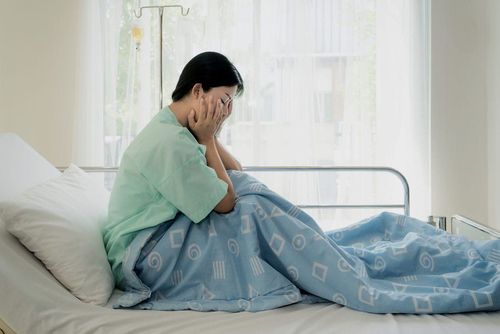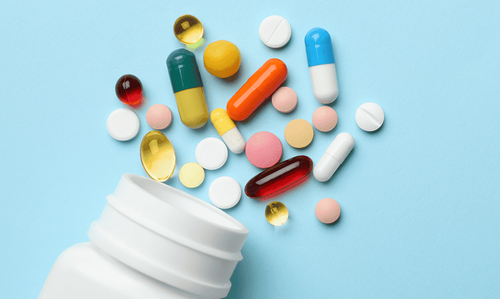This is an automatically translated article.
Gastroscopy (gastrointestinal endoscopy) is a procedure to insert a flexible endoscope into the gastrointestinal tract, conduct a direct examination of the lining of the esophagus, stomach, and duodenum to check the condition, detect lesions. injury and treatment. Before gastroscopy, it is necessary to fast to ensure safety and increase the efficiency of observation. So how long should you fast before a gastroscopy? What are the notes during gastroscopy?1. When is a gastroscopy needed?
Gastroscopy is indicated for the following purposes:Detection and treatment of stomach and digestive diseases: gastric ulcer, gastric reflux, epigastric pain, gastric bleeding, varicose veins Esophageal vessels... Collect foreign bodies in the gastrointestinal tract Diagnose and detect H.Pylori bacteria (Helicobacter Pylori) in the stomach: Helicobacter pylori is the main cause of stomach cancer Screening and treating these diseases. Cancer and pre-cancer of stomach, colorectal... Patients need to conduct gastroscopy when seeing symptoms of gastrointestinal instability such as:
Pain in the sternum, epigastric position of the stomach. Stomach Frequent heartburn, belching Feeling of regurgitation Loss of appetite Slow digestion, flatulence Nausea or vomiting, vomiting blood Blood in the stools Blood in the stools Blood in the stools Pain and burning in the stomach epigastrium Continuous cough, persistent sore throat, Recurring many times Swallowing pain or difficulty swallowing, feeling stuck in the throat Rapid weight loss, unknown cause Family members have been infected with HP bacteria... Gastroscopy is also performed during physical examination. healthy General, screening for diseases of the stomach, digestion, cancer screening. Gastroscopy gives more accurate results than conventional ultrasound or X-ray.
2. How long should I fast before a gastroscopy?

Cần nhịn ăn ít nhất 6 giờ trước khi nội soi dạ dày
To ensure the best results and safety for themselves, patients should have a gastroscopy in the morning, sleeping overnight will help digest all food. In case of endoscopy with pyloric stenosis, the patient needs to fast for 12-24 hours or have a gastric lavage tube inserted before the endoscopy.
If the endoscopy is under anesthesia, the patient should absolutely fast for 6-8 hours, including filtered water to avoid reflux into the lungs.
In case the patient is taking drugs recently or has a history of drug allergy, it is necessary to inform the doctor before undergoing the endoscopic procedure.
3. Notes after gastroscopy
Gastroscopy can cause discomfort in the abdomen and throat, nausea because the scope is inserted deep inside the stomach. You should not use supportive drugs because this feeling will quickly disappear after 12-24 hours. If your throat is too sore, you can gargle with diluted salt water, it will be more comfortable.Note, after gastroscopy, you should limit eating spicy and hot foods that can damage the stomach lining.
Please dial HOTLINE for more information or register for an appointment HERE. Download MyVinmec app to make appointments faster and to manage your bookings easily.




